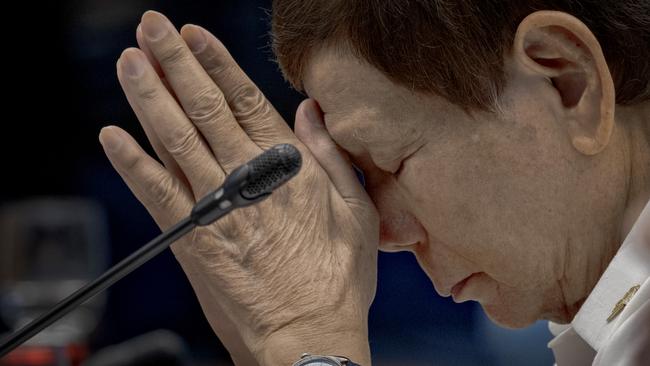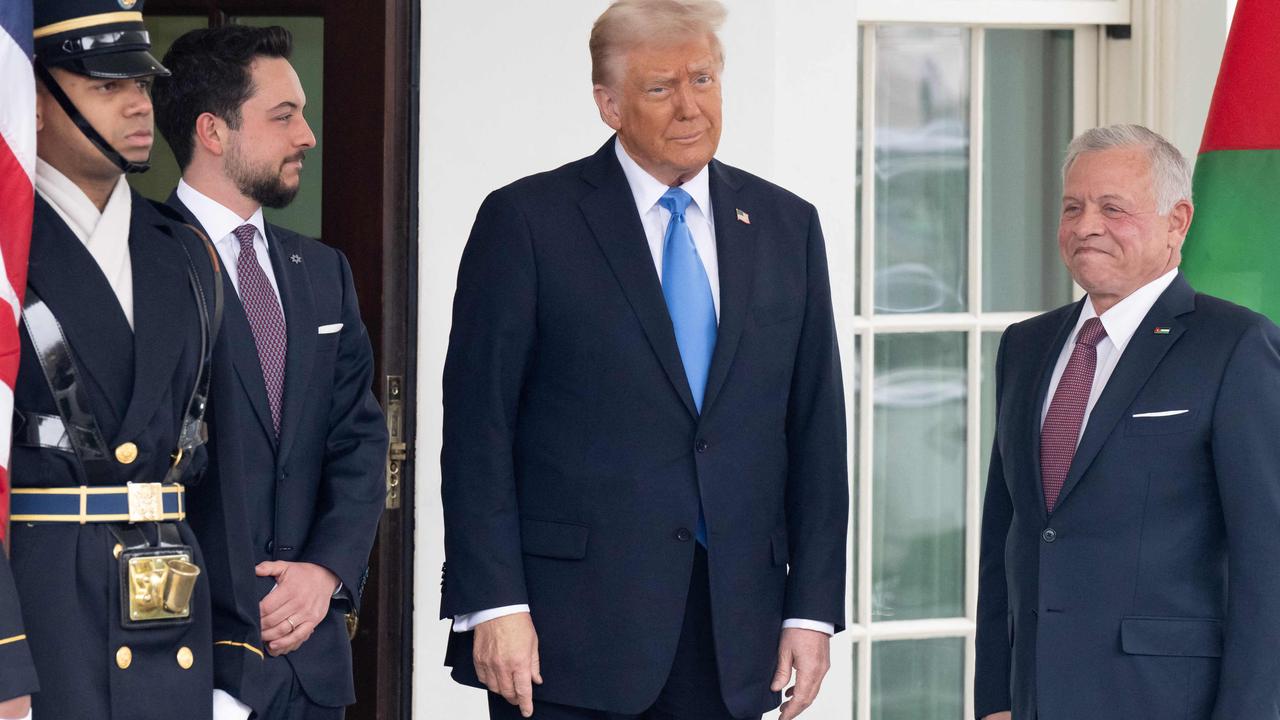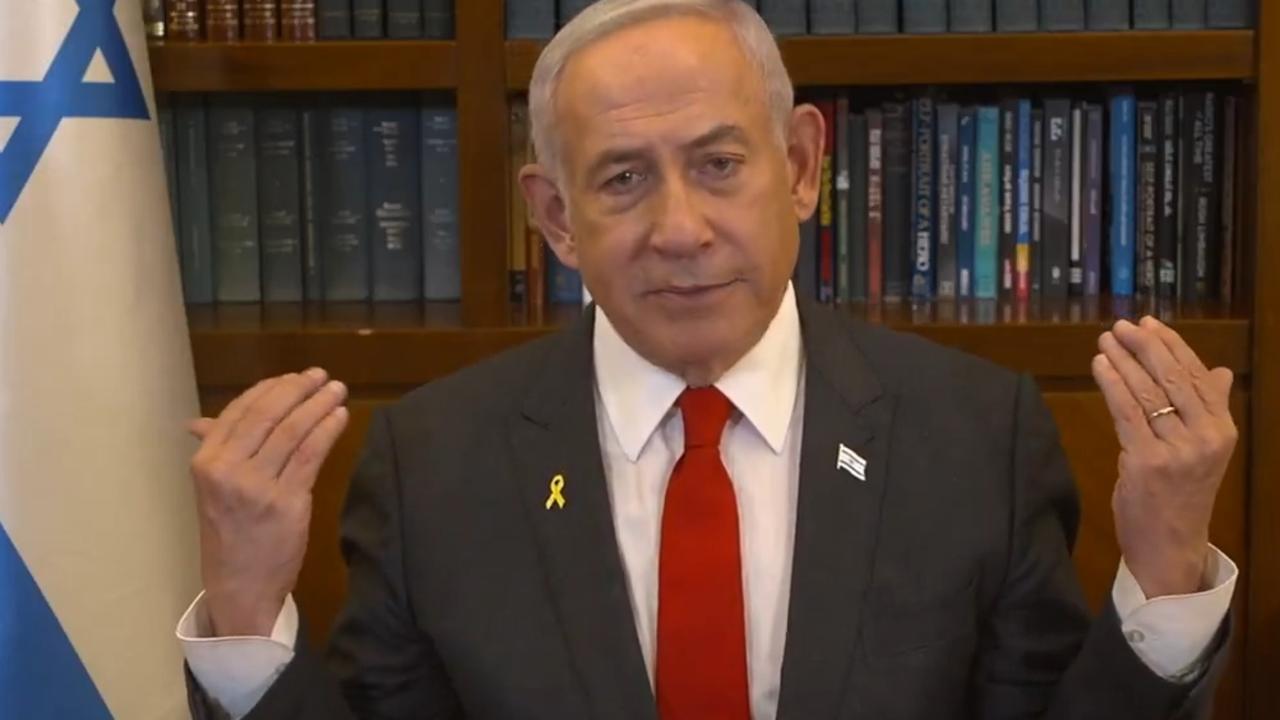Could Duterte’s death squad admission finally deliver justice to victims?
Critics say the shocking admission is little more than electoral grandstanding, to build support for his daughter Sara and his own bid for re-election as mayor of Davao.

It wasn’t long ago that publicly accusing former Philippines president Rodrigo Duterte of deploying death squads to eliminate drug users and dealers would have been enough to get you jailed in that country.
But the maverick politician has stunned a Senate inquiry by admitting to having done just that for more than a decade while mayor of Davao City as part of his war on drugs.
“I had a death squad. This was a death squad but I didn’t use the police. I used gangsters. One gangster, I would order him – ‘Kill this person, because if you do not, I will kill you now’,” Mr Duterte, 79, told a Senate committee charged with investigating thousands of extrajudicial killings during his presidency from 2016 to 2022.
Official police figures put the number of people killed in Mr Duterte’s war on drugs under the notorious Operation Tokhang at more than 6000, though human rights groups say the real number is at least four times that.
Many innocent people were slain in the murderous mayhem of Duterte’s drug war, including children.
Yet this was no mea culpa by the ailing former president who is running again for mayor of Davao, whose Vice-President daughter Sara Duterte has declared political war on current President Ferdinand “Bong Bong” Marcos, whom she helped get elected.
Rather, say critics, it was a chance to grandstand to his electoral support base and a largely-sympathetic Senate while avoiding having to front a simultaneous inquiry at the considerably more hostile lower house.
Mr Duterte told the Senate committee during marathon nine-hour testimony on Monday he took “full responsibility” and had no regrets over the thousands of state-sanctioned murders committed during his presidency. He denied ever ordering his police chiefs to kill, however, instead instructing them to “encourage” arrested suspects to fight back in order to provide legal justification for their killing.
Mr Duterte’s testimony marked the first time he had directly faced families of his victims or Senator Leila De Lima, a former chair of the Senate committee on justice and human rights whom he had jailed on trumped-up drug charges in 2017 when she pushed for an inquiry into the killings.
Senator De Lima served six years in prison and was released only in June after previous witnesses recanted their testimony, alleging they had been coerced by the then Philippines national police chief Ronald dela Rosa, now a senator.
On Monday she told the hearing many witnesses to the killings, previously too frightened to speak up, were now willing to testify to what they saw.
“This man, the former mayor of Davao city and the former president of the Republic of the Philippines, for so long has evaded justice and accountability,” Senator de Lima said.
“We have not made him to account after all these years.”
Whether that will ever happen in The Philippines, however, is doubtful, say human rights advocates who have pinned their hopes instead on the International Criminal Court, which is building a crimes against humanity case against Mr Duterte.
“The fact is what we have right now is a dysfunctional criminal justice system, and domestic mechanisms that don’t work (against) Duterte,” says Cristina Palabay, whose Karapatan human rights group represents many victims of his drug war.
“Whatever is happening at the Senate and congress should be used for the ICC investigation.”
Ms Palabay says Mr Duterte’s prime motivation is to “preserve the interests of his dynasty”, now under attack from the Marcos family, whom he has accused of undermining his daughter Sara’s political office and supporting electoral challengers in Davao.
“Whether it is by running for mayor, or by gathering what political capital he has (to support) his daughter in the 2028 presidential elections – everything is in play,” she told The Australian.
“In Davao he is only standing because he thinks he’s the only one who can win. If he does he will immediately step aside for his son who’s running as his deputy.”
While his testimony before the Senate was intended to appeal to his voter base, it may not be the big electoral lift he was hoping for, she says.
“For the first time in many years the Dutertes are being challenged on their own turf, which is a manifestation of changing mindsets, and more insidiously that the Marcoses want him out.”



